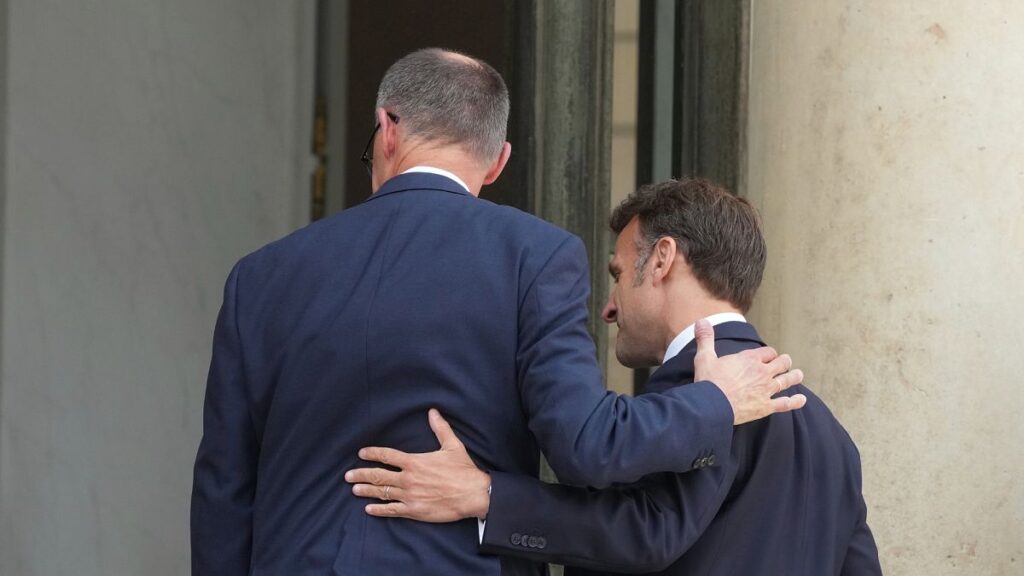Germany’s new Chancellor Friedrich Merz has made his world-affairs debut with plans to immediately team up with allies France and Poland to present a united European front of support for Ukraine and against US President Donald Trump’s trade war.
The new pairing of Merz and French President Emmanuel Macron, both firm believers in the European Union, could help stiffen resistance from the 27-nation bloc against pressure from Trump and against Russia’s ongoing war in Ukraine.
With the EU’s largest economies and populations, the tandem of Germany and France has long underpinned the 27-nation bloc, but lost some of its vigour in recent months as leaders in both countries wrestled with domestic issues.
Merz and Macron are hoping to give the relationship fresh impetus at a crucial time, with Trump and Russian President Vladimir Putin both exerting pressure on the EU and forcing it to rethink its own security.
Merz’s trips come the day after his historic defeat in the first round of voting in the German parliament, the Bundestag, prior to his repeat vote confirmation.
No other post-World War II candidate for chancellor has failed to win on the first ballot.
Traditionally, newly-elected German chancellors make a point of visiting their big neighbours in the west and east on the first day in office to stress European unity.
French Foreign Minister Jean-Noël Barrot said this week that Merz and Macron want their meeting to re-fire what he described as “the French-German motor.”
The French minister said that he expects the relationship between Paris and Berlin will be simpler under Merz than it was under his predecessor, Olaf Scholz.
In particular, France is looking for German backing for increased EU defence spending in the face of the perceived threat to European security by Russia and concerns that Trump is pivoting away from its post-World War II trans-Atlantic relationship with Europe to focus resources on countering China.
Merz is expected to hold news conferences on Wednesday with Macron and Polish Prime Minister Donald Tusk.
Macron and UK Prime Minister Keir Starmer have separately hosted summits of European leaders to discuss Ukraine and European security in the wake of Trump’s apparent moves to cut out the continent on Russia-Ukraine peace negotiations.
The stops in Paris and Warsaw are happening on the 80th anniversary of Nazi Germany’s surrender in World War II.
Macron’s meeting with his third German chancellor as France’s president will be particularly loaded with symbolism for the two countries that were bitter enemies in World War I and II.
The first war ended with an armistice agreement signed in a railway car north of Paris.
Nazi leader Adolf Hitler then used the same railway car in accepting France’s capitulation in 1940, after its defences succumbed to the German invasion.
Read the full article here

